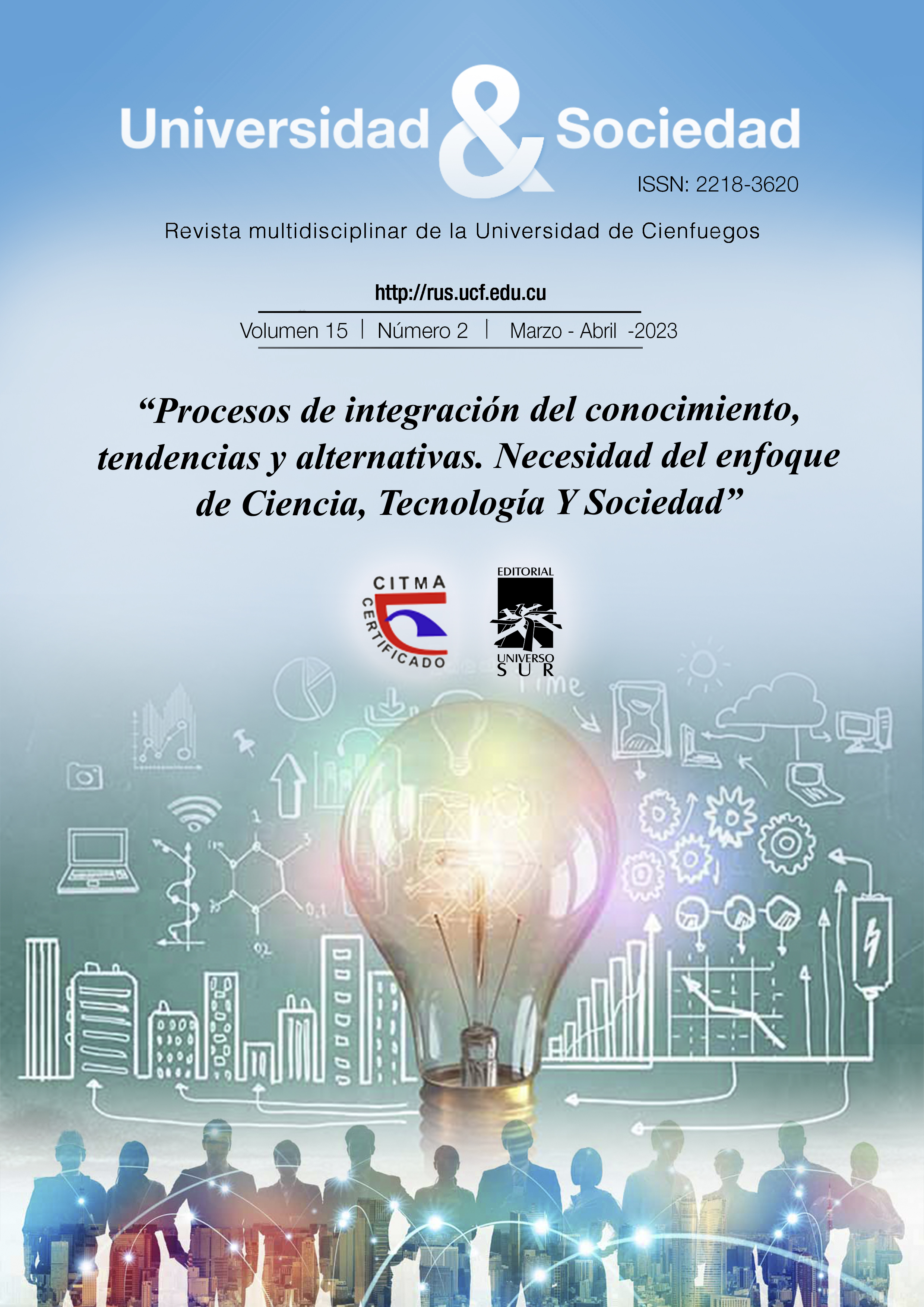Configuraciones y tendencias epistemológicas de la práctica reflexiva docente. Revisión sistemática y meta síntesis.
Resumen
La práctica reflexiva predispone la conciencia formativa del docente, quien se preconiza como mediador de aprendizajes desde una docencia de desarrollo y empoderamiento profesional porque es capaz de afrontar acontecimientos insospechables como los de la pandemia. El presente estudio propone el método PRISMA para revelar el estado del conocimiento de la práctica reflexiva docente (PRD) desde una revisión sistemática y meta síntesis con el objetivo de identificar y analizar las configuraciones epistemológicas y las tendencias de la metodología de la ciencia respecto al avance y producción de conocimiento científico de la PRD en la educación superior. Las fuentes de alto impacto examinadas combinan su accesibilidad y restricción buscando favorecer la visibilidad del aporte científico. Entre los hallazgos, las configuraciones epistemológicas de la PRD inciden en el desarrollo profesional docente. La filosofía pragmática, el enfoque cultural y la hermenéutica pedagógica se condensan sinérgicamente articulando la experiencia formativa subjetiva e intersubjetiva con el fortalecimiento del desempeño en la enseñanza. Las tendencias del avance y producción de conocimiento realzan la metodología cualitativa y en ella, a los estudios teóricos. Sin embargo, los estudios empíricos realizados en muestras constituidas por futuros docentes y docentes nóveles presentan variedad en diseños y técnicas cuantitativas y cualitativas.
Palabras clave:
Práctica reflexiva, docente reflexivo, revisión sistemática, meta síntesis, educación superior.
ABSTRACT
The reflective practice predisposes the formative conscience of the teacher, who is advocated as a learning mediator from a teaching of professional development and empowerment because he is capable of facing unsuspected events such as those of the pandemic. The present study proposes the PRISMA method to reveal the state of knowledge of the reflective teaching practice (PRD) from a systematic review and meta synthesis with the objective of identifying and analyzing the epistemological configurations and the trends of the science methodology regarding the advance and production of scientific knowledge of the PRD in higher education. The high-impact sources examined combine their accessibility and restriction seeking to favor the visibility of the scientific contribution. Among the findings, the epistemological configurations of the PRD affect the professional development of teachers. The pragmatic philosophy, the cultural approach and the pedagogical hermeneutics are synergistically condensed, articulating the subjective and intersubjective formative experience with the strengthening of teaching performance. The trends of the advancement and production of knowledge enhance the qualitative methodology and in it, the theoretical studies. However, the empirical studies carried out on samples made up of future teachers and novice teachers present a variety of designs and quantitative and qualitative techniques.
Keywords: Reflective practice, reflective teacher, systematic review, meta synthesis, higher education.
Descargas
Publicado
Cómo citar
Número
Sección
Licencia
La editorial "Universo Sur", de la Universidad de Cienfuegos, publica la revista Universidad y Sociedad bajo la Licencia Creative Commons Atribución-NoComercial-SinDerivadas 4.0 Internacional (CC BY-NC-ND 4.0).
Usted puede compartir el material, sin fines comerciales, siempre que:
-
Atribuya adecuadamente (autores, revista, enlace al artículo y a esta licencia).
-
No cree obras derivadas.
-
Indique si ha realizado cambios.
Los autores conservan los derechos de autor.
Texto completo de la licencia: https://creativecommons.org/licenses/by-nc-nd/4.0/










